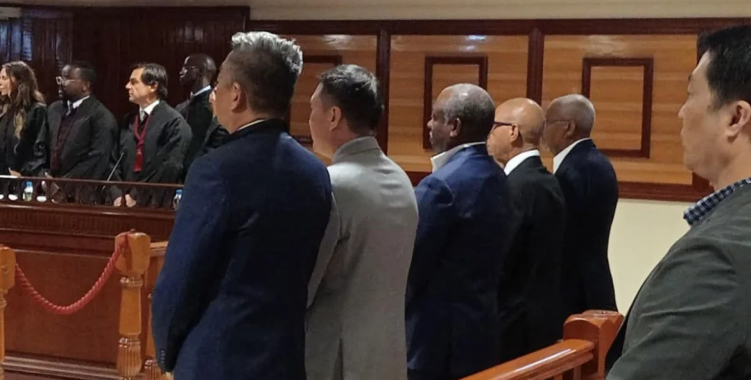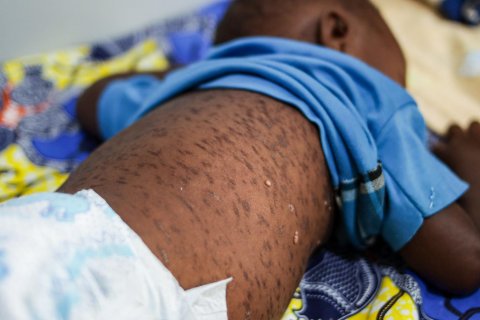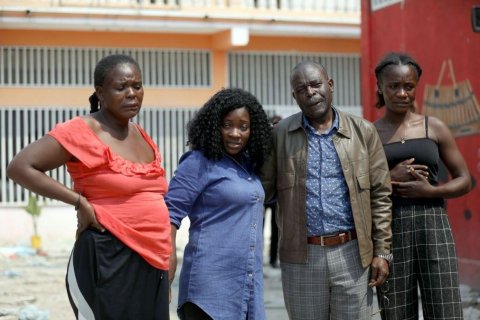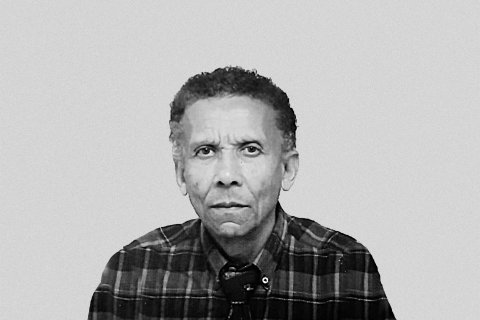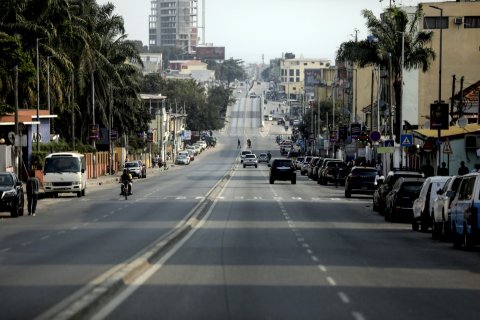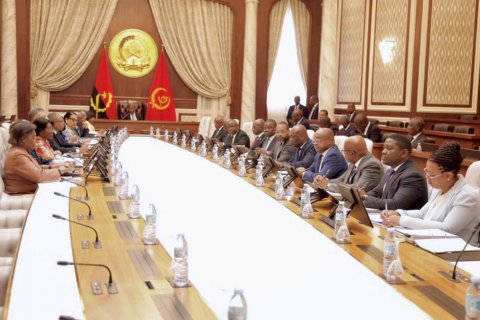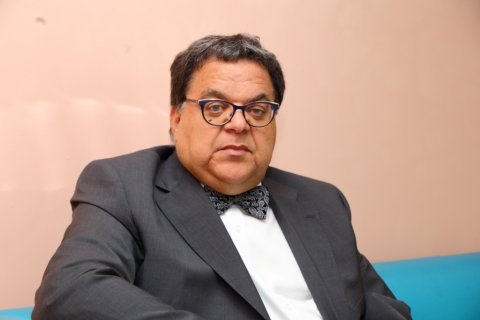João Lourenço, who gave an interview to Angolan Public Television (TPA) on Monday, said that the fight against corruption is positive, because it has been possible to recover assets, but there is still “much more to be recovered”.
“There are many assets identified as illicit, gained illegally, and that should be returned to the State, but this cannot be done in a day. In the short space of time that we have been involved, committed to this fight, we believe that we have done what was possible”, he stressed.
According to João Lourenço, the Angolan justice system “for better or worse, has been up to the task of fighting this”, but Angola has not always managed to achieve its objectives.
“Unfortunately, in terms of recovering assets that are abroad, especially in relation to these, we have not always been successful”, he admitted.
According to João Lourenço, paradoxically, countries that encourage the fight against corruption, when Angolan courts judge, condemn and determine that assets, whether inside or outside the country, should revert to the State, “these entities end up finding subterfuges” to return these assets “that belong to the Angolan people”.
“We are currently facing a very specific situation of a case of large sums recovered from an Angolan citizen, by means of a sentence from an Angolan court and that the European country, where these assets are domiciled, believes it has the right to also hold a kind of trial there to confirm or not confirm the sentence of our court”, said João Lourenço.
At issue are bank accounts with millions of dollars that belonged to Carlos São Vicente, an Angolan businessman convicted in 2021 for crimes related to corruption and money laundering, which the Angolan government wants to recover, but the Swiss authorities continue to withhold.
The head of state considered this to be an “unacceptable, inadmissible” position, stressing that “the suitability” of the rulings of Angolan courts cannot be questioned.
“Our courts are not political institutions, they are tribunals and, as such, the rulings of the courts are simply to be complied with”, he argued.
João Lourenço said that the recovered assets are used to support local development programmes, considering that “the country only benefits from this”.
In the interview lasting over an hour, the President also stressed that the results of the fight against corruption have helped to attract foreign investment and that “the facts are there to prove this”.
“The Lobito Corridor is one of those cases. The Benguela Railway has always existed, from the moment we made the decision to open a public tender for the concession of the line and the decision to connect it to the Tanzania Railway […] we see the interest that this has aroused, especially in the Western world, in Europe, and in the United States of America, and that has been taking very concrete steps to make this dormant dream come true as soon as possible,” he said.
The Lobito Corridor connects the Atlantic port of Lobito, in Angola, to the mining regions of Congo using the Benguela Railway line, which is essential for the export of strategic minerals such as copper, cobalt and manganese.
The project has attracted great international interest, particularly from the United States and the European Union, which consider the Lobito Corridor essential for diversifying the supply chains of critical raw materials, currently dominated by China.
According to João Lourenço, this month a meeting will be held in Rome, Italy, with the Italian Prime Minister, Giorgia Meloni, and the President of the European Union Commission, Ursula von der Leyen, in order to mobilize more resources to inject into the Lobito Corridor project, within the framework of the Mattei Plan.

